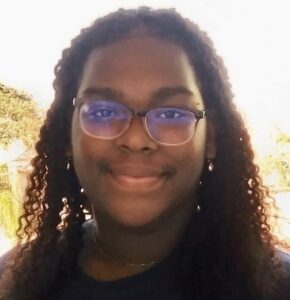By Reniah Curry
Growing up on the sunny shores of The Bahamas, I’m no stranger to the catastrophic effects of hurricanes. My extended family’s home and now my own home in Boca Raton are essentially ground zero for future hurricanes and sea level rise. Disasters are often compounded by uncertainty and inaction – where should people go? What should they do to prepare? How can they mitigate their risk?

Knowing this, we need to come together to assemble our first line of defense: our communities. Facilitating an environment year-round for community resilience is crucial to ensure that we are all prepared for hurricanes, no matter when or where they occur. All community members should have quick access to information on evacuation routes, shelters and post-hurricane procedures. All community members should be equipped with basic hurricane preparedness knowledge.
Now more than ever, we need to support community meetings to discuss strategies for community resilience. We need to prioritize climate education in Florida schools and communities to teach our citizens the importance of resilience and help them better understand the risks they face. Local governments should appoint Community Emergency Response Teams, who live within our communities, understand our concerns and are willing to undertake the task of creating adaptation and mitigation plans that address discrepancies in disaster preparedness. We need to advocate for clear community action plans, so everyone is prepared in the face of a hurricane.
Reniah Curry is a dual-enrollment student at Florida Atlantic University and Boca Raton Community High. She is a member of Audubon Florida’s Write for Climate program.



